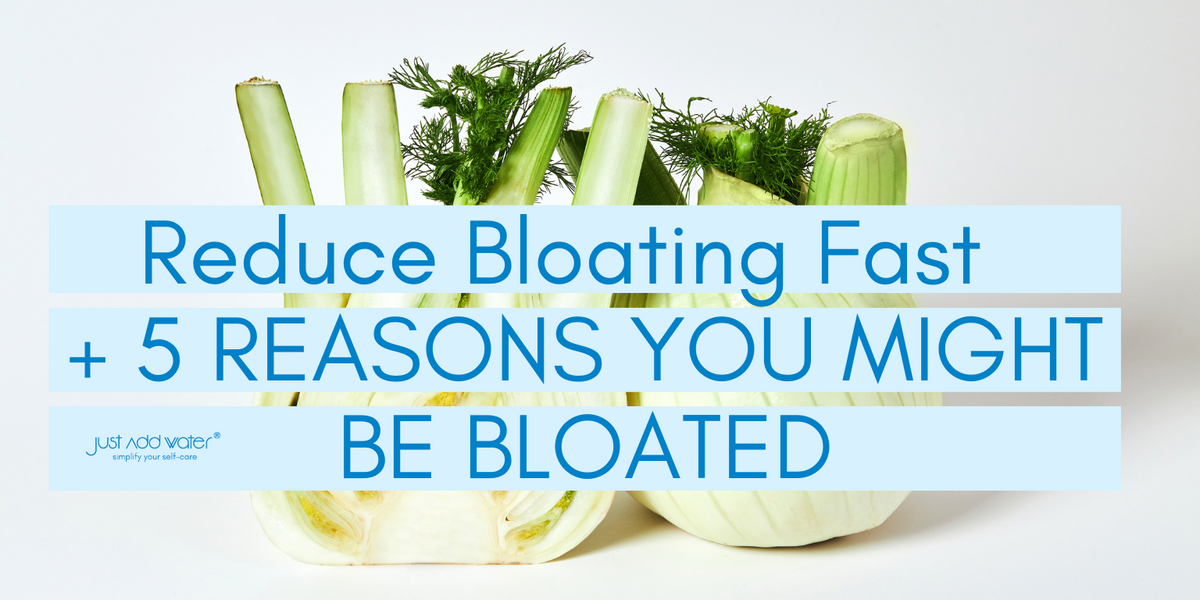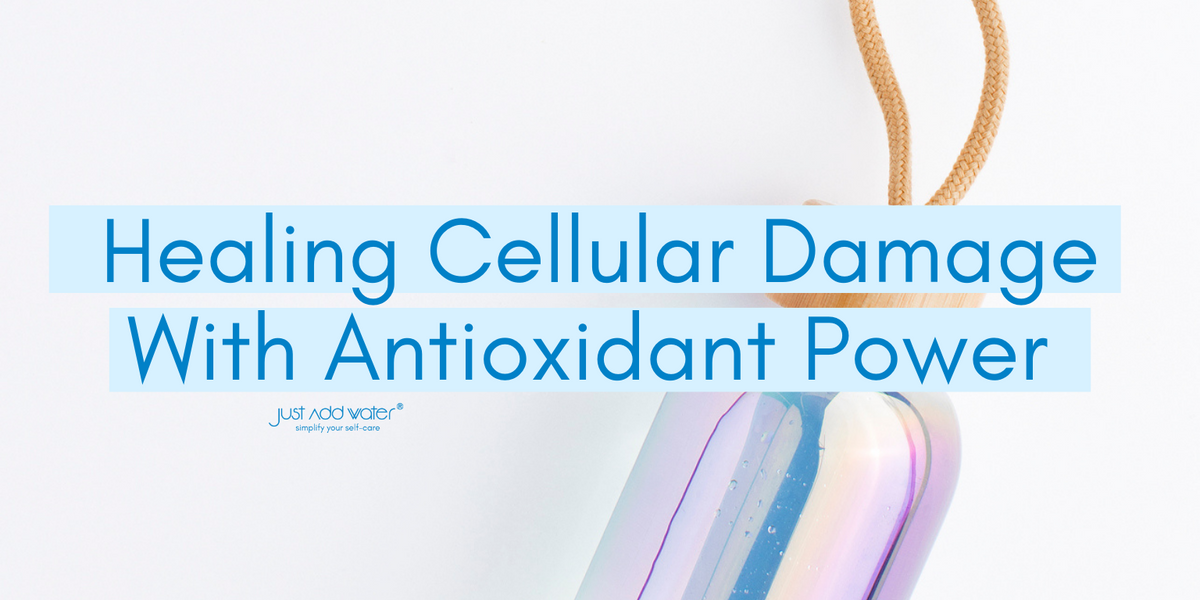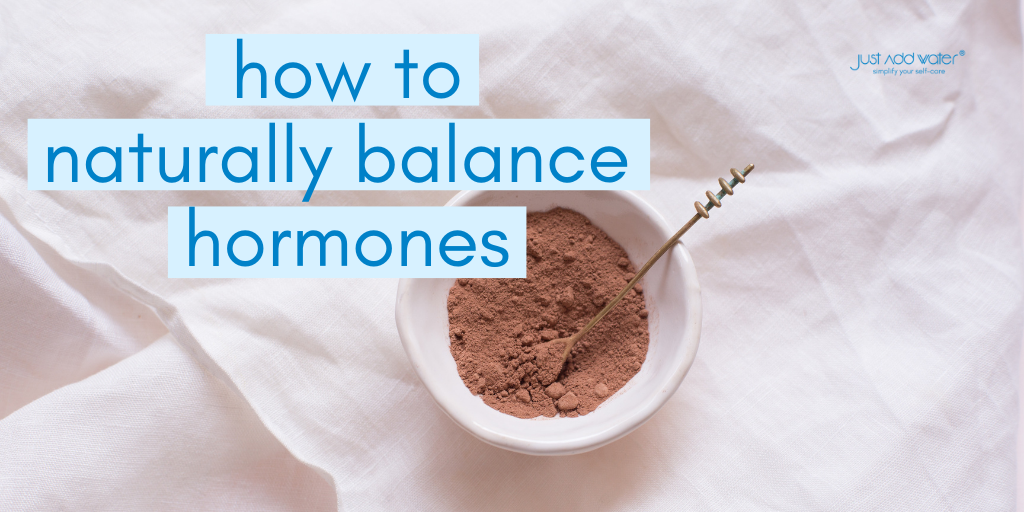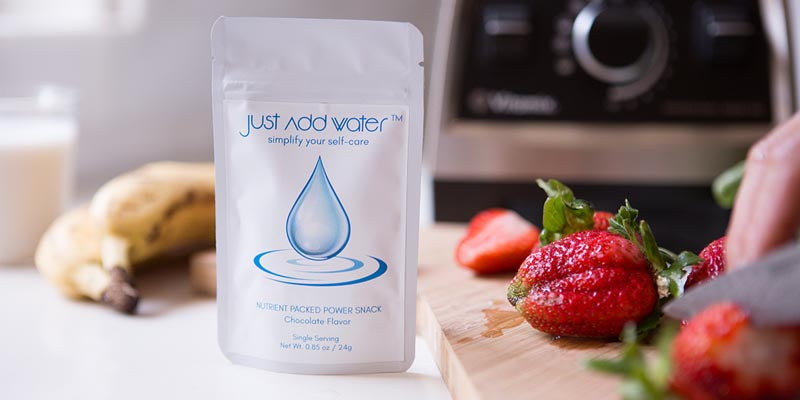4 Lifestyle Tips to Healthier, Shinier, Fuller Hair
Have you ever met someone with Cindy Crawford in the 90s hair--shiny, full, and healthy--and wondered, “what shampoo is she using?” Turns out she doesn’t use anything special per se, but she mentions that she drinks a lot of water daily, eats nutrient-dense food, and meditates. How does that equate to such healthy hair?
Turns out, our hair totally reflects our mind and body’s overall health. It’s like a health meter. When we’re sick or not getting enough essential nutrients from our diet, the body diverts nutrients like protein, vitamins, minerals, and fatty acids away from the hair follicles to where they’re needed. Both emotional stress, like when we’re facing tight deadlines, and physical stress, like childbirth, can essentially shock our hair cycle, signaling it to enter a “shedding” phase.
To help our hair grow to its maximum potential, try these lifestyle tips for healthier, glossier, fuller hair, sans extensions:
1) Eat more greens!
Green leafy veggies like kale and spinach are rich in hair-healthy nutrients like iron, folate, selenium, zinc, and essential vitamins including Vitamin A and C. The high antioxidant content of greens also helps protect hair follicles from free radical damage.
2) Embrace fat!
Fat is good for you! We need fat in our diet for basic health needs, including hair growth. Healthy fats like omega-3 fatty acids found in avocados, nuts and chia seeds are linked to healthy hair growth. Get that extra guacamole next time—it’s for your hair!
3) De-stress and Meditate!
Emotional stress is a big driver to sudden hair thinning and hair loss. We can’t prevent traumatic events from happening, but we can learn to de-stress through meditation. We can also incorporate adaptogens into our diet, which helps our body better deal with stress.
4) Simplify Your Self-Care!
Sometimes trying to practice self-care can actually lead to stress. Don’t overthink it! Start by taking 30 seconds to yourself in the morning for a few deep breaths. If you’re busy and haven’t gone grocery shopping for fresh veggies, that’s OK! A packet of Just Add Water contains all the hair-healthy ingredients and more, including vegan protein, super greens, algae, probiotics, prebiotics, fiber, and adaptogens.
If you find yourself losing hair despite incorporating nutrient-dense meals into your diet, see a medical professional to rule out more serious health issues like hypothyroidism or an autoimmune disorder.
XO
Leave a comment
Comments will be approved before showing up.
Also in Wellness & Nutrition

Reduce Bloating Fast + 5 REASONS YOU MIGHT BE BLOATED

Healing Cellular Damage With Antioxidant Power

HOW TO NATURALLY BALANCE YOUR HORMONES
In this blog, we’re going to define hormonal imbalance, identify the symptoms, and discover the natural options to bring your body back into flow! A nutritious diet and other healthy lifestyle habits may help improve your hormonal health and allow you to feel and perform at your best.


